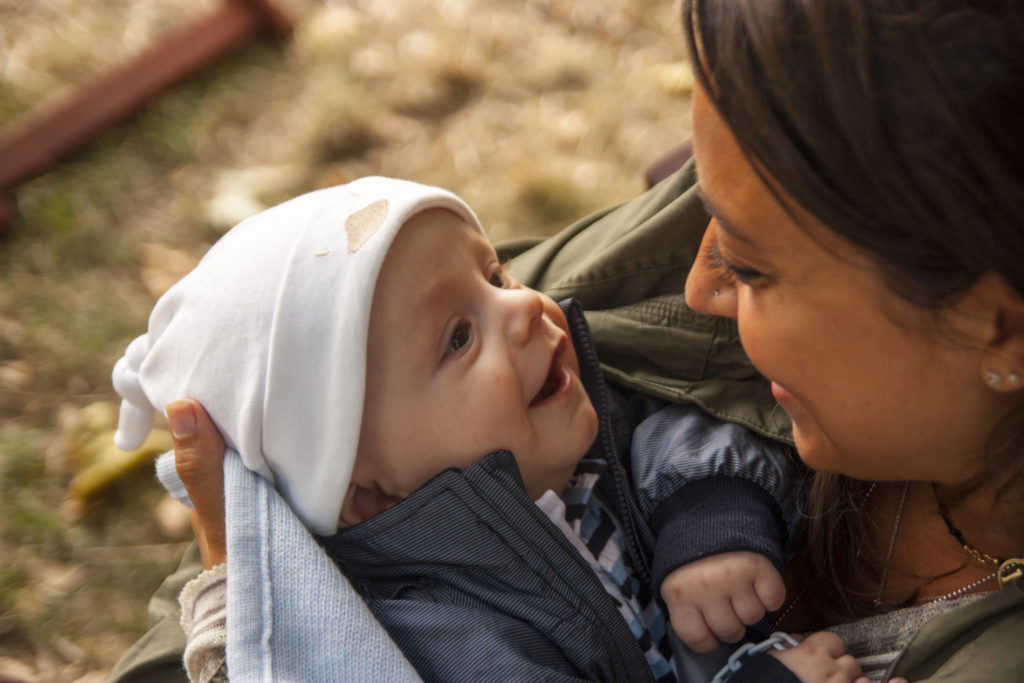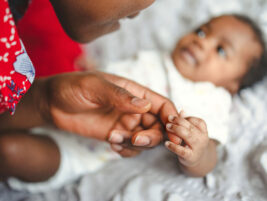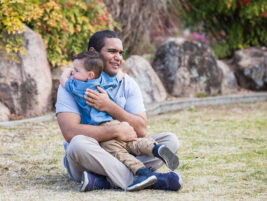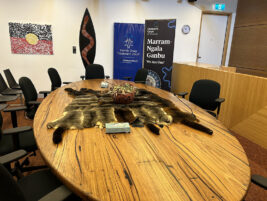At Nolungile Clinic, we are confronted with the limitations of Western mental health service delivery models -originally developed in settings rich with material resources- when deployed in contexts of extreme material poverty. Groups for parent makes sense when clinicians are scarce, and even experience in the US has taught us that they are more effective when:
- group leaders reflect group members in ways that members can identify with – for example, culture, language, race, class;
- group members’ hierarchy of needs are honored in the group’s focus;
- group members’ children are included in the group, so that their actual individual children -rather than the generic child or generic child development- are addressed;
- material barriers to attendance are addressed;
- group activities aim to build lasting social capital among parent members directed at raising each others’ children
In her parent groups, Dr. Dube deftly demonstrates the humility it takes to pay attention to what isn’t working, and to fix it by re-examining one’s professional identity and acquiescing to a redistribution of power in healing relationships. We might wonder whether her new parent group, the Masakhane Club, in which parents “build each other”, will provide a different kind of therapeutic experience that comes from effective collective action to protect each other’s children. A final challenge in this setting is the sense of urgency that compels us to action yet where resources are not sufficient to determine which actions have been or will truly be worth taking.
Authors
Sparrow, Joshua,
USA








